Welcome to this week’s political scene within research. Here is a summary of the week’s generic policy reports and releases, alongside new niche consultations and inquiries.
The role of EU funding in UK research and innovation
This week the role of EU funding in UK research and innovation has hit the headlines. Its an analysis of the academic disciplines most reliant on EU research and innovation funding at a granular level.
Jointly commissioned by Technopolis and the UK’s four national academies (Medical Sciences, British Academy, Engineering and Royal Society) it highlights that of the 15 disciplines most dependent on EU funding 13 are within the arts, humanities and social science sphere.
Most reliant on the EU funding as a proportion of their total research funding are Archaeology (38% of funding), Classics (33%) and IT (30%).
The full report dissects the information further considering the funding across disciplines, institutions, industrial sectors, company sizes and UK regions. It differentiates between the absolute value of the research grant income from EU government bodies, and the relative value of research grant income from EU government bodies with respect to research grant income from all sources, including how the EU funding interacts with other funding sources.
There are also 11 focal case studies, including archaeology and ICT. Here’s an excerpt from the archaeology case study considering the risks associated with Brexit and the UK’s industrial strategy:
“As archaeologists are heavily dependent on EU funding, a break away from EU funding sources puts the discipline in a vulnerable position. This is exacerbated by the fact that the UK is short of archaeologists and/or skilled workers active in the field of Archaeology because of the surge in large scale infrastructure projects (e.g. HS2, Crossrail, and the A14), which drives away many archaeologists from research positions.” Source
See the full report page 25 for particular detail on ICT and digital sector, and page 39 for archaeology. For press coverage see the Financial Times article.
Bathing Water Quality
The European Environment Agency published European Bathing Water Quality in 2016. It sees the UK as second to bottom in the league table for quality of bathing water. While 96.4% of British beaches were found safe to swim in last year 20 sites failed the annual assessment. Only Ireland had a higher percentage of poor quality bathing waters at 4%.
Report link: https://www.eea.europa.eu/publications/european-bathing-water-quality-in-2016
How and when to submit evidence to policy makers
This week Research Professional ran a succinct article encouraging researchers to think more about when and how they submit evidence to policy makers. Timing is key, policy makers often want information instantaneously and the article urges researchers to be responsive but pragmatic, including a pro-active approach of gently keeping key policy makers informed of new developments.
Researchers wanting to have a political impact may consider attending a UK Parliament Outreach and Engagement Service events.
Consultations and Inquiries
Responding to a select committee call for evidence is a great way for academics to influence UK policy. If you respond to a consultation or inquiry as a BU member of staff please let us know of your interest by emailing policy@bournemouth.ac.uk at least one week before you submit your response.
This week there are three new inquiries and consultations that may be of interest to BU academics.
Sports
A Scottish Parliament inquiry is seeking individual’s views on community-based approaches to removing barriers to participation in grassroots sport and physical activity, including how to promote volunteering. The committee is asking for views and examples on a range of questions, including:
- Examples where a community based approach has been successful in removing barriers to participation in sport and physical activity?
- Approaches that were particularly successful in increasing participation among certain social groups, like women, ethnic minorities, certain age-groups?
- The barriers facing volunteers and how can they be overcome? The aim is to inform how Scotland might increase participation rates across all groups and sectors of society, respondents can select to answer only the most relevant questions.
The call for evidence closes on 30 June.
Body Image
The British Youth Council has opened an inquiry into body image and how the growth of social media and communications platforms has encouraged attitudes that entrench poor body image. Included among the inquiry questions are:
- Has the growing use of social media and communications platforms amongst young people encouraged practices and attitudes that entrench poor body image? What is the link between “sexting” and body dissatisfaction?
- Do internet companies, social media platforms or other platforms have a responsibility to tackle trends which entrench poor body image? What are they already doing in this area? What more should they be doing?
- Are particular groups of young people particularly prone to poor body image, or less likely to seek help? What causes these trends?
- In relation to young men and boys, minority ethnic groups, and those who self-identify as transgender: what are the specific challenges facing young people in these groups? How effective is existing support?
- To what extent is dissatisfaction with body image contributing to the increase in mental health problems amongst children and young people?
The call for evidence closes on 16 June.
Drainage & Flooding
The Welsh government has opened a consultation on the implementation of sustainable drainage systems on new developments (schedule 3 of the Flood and Water Management Act 2010).
The consultation closes on 11 August.
HE Policy Update
You can also sign up to receive BU’s separate weekly HE policy update delivered direct to your inbox each Friday by emailing policy@bournemouth.ac.uk
Sarah Carter
Policy & Public Affairs Officer


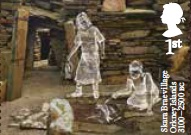 Royal Mail is celebrating
Royal Mail is celebrating 
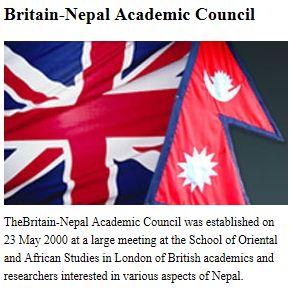
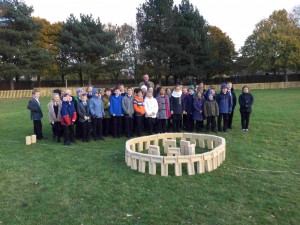
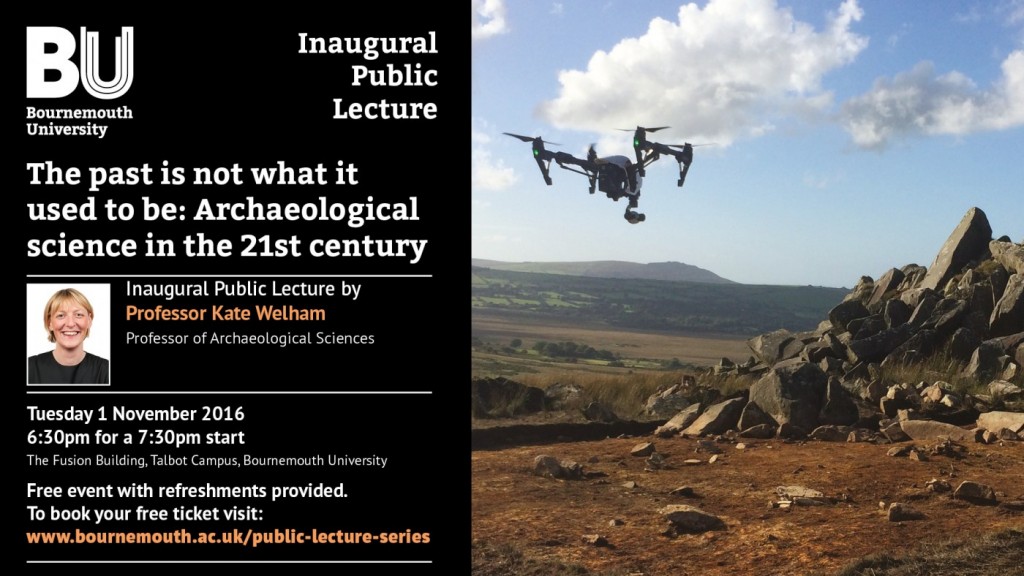
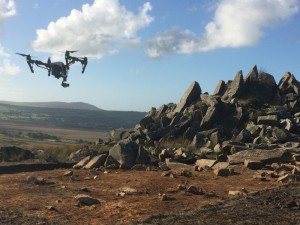

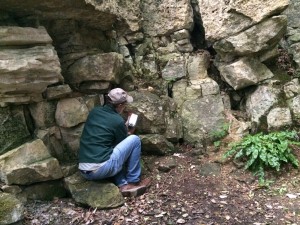
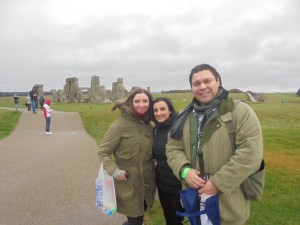

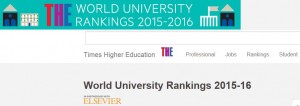












 Festival of Social Science: Introducing drowning prevention in Bangladesh
Festival of Social Science: Introducing drowning prevention in Bangladesh BU PhD student attending HIV conference on scholarship
BU PhD student attending HIV conference on scholarship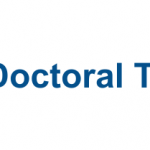 ESRC SWDTP – Applications open for PhD Studentships for September 2026
ESRC SWDTP – Applications open for PhD Studentships for September 2026 New paper by CMWH PhD student
New paper by CMWH PhD student ECR Funding Open Call: Research Culture & Community Grant – Apply Now
ECR Funding Open Call: Research Culture & Community Grant – Apply Now MSCA Postdoctoral Fellowships 2025 Call
MSCA Postdoctoral Fellowships 2025 Call ERC Advanced Grant 2025 Webinar
ERC Advanced Grant 2025 Webinar Horizon Europe Work Programme 2025 Published
Horizon Europe Work Programme 2025 Published Horizon Europe 2025 Work Programme pre-Published
Horizon Europe 2025 Work Programme pre-Published Update on UKRO services
Update on UKRO services European research project exploring use of ‘virtual twins’ to better manage metabolic associated fatty liver disease
European research project exploring use of ‘virtual twins’ to better manage metabolic associated fatty liver disease